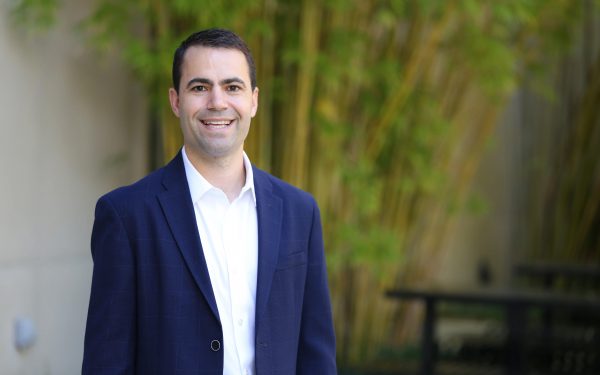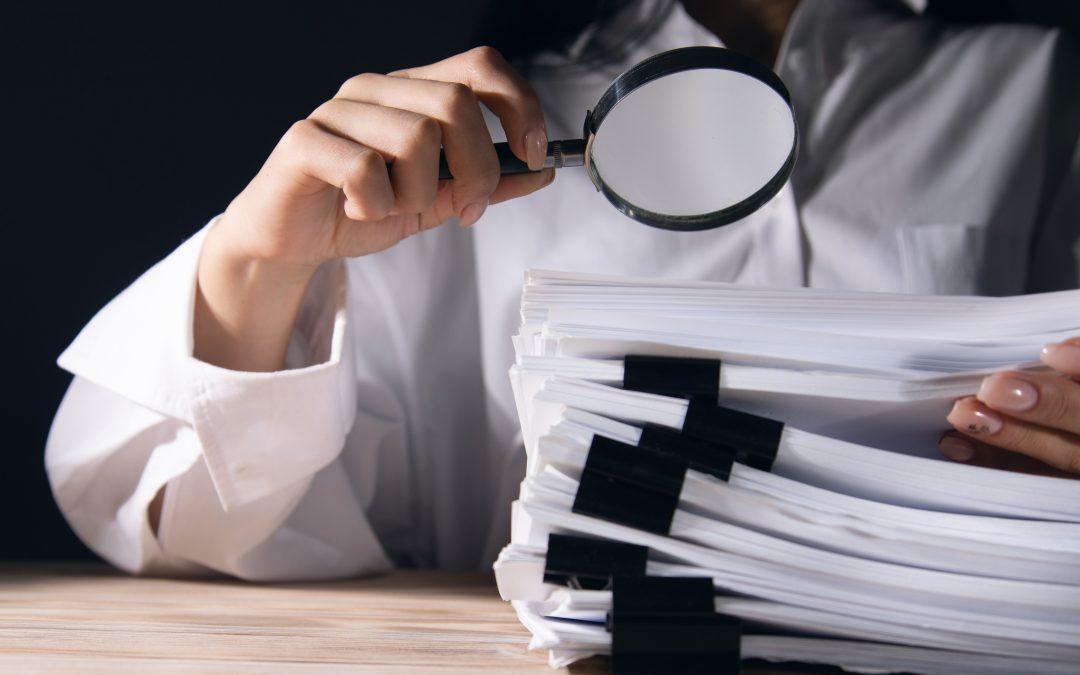Auditors serve in critical role for acquiring companies during merger waves
First of its kind research from the University of Florida highlights the significant connection between the role of auditors and times of increased merger activity, called merger waves.
Auditors play an increasingly important role during merger waves in corporate finance, according to new research from the University of Florida. In a first of its kind study, a researcher from the Warrington College of Business identifies that audit efforts are higher for audits of acquiring companies during merger waves.

Assistant Professor of Accounting Bobby Carnes
Merger waves are periods of industry disruption when merger activity in an industry spikes to higher rates due to underlying industry changes. The economic impact of merger waves is also significant. For example, during peak merger activity in the 2000s, approximately 6% of U.S. public companies were acquired in a single year.
Merger waves are characterized by greater uncertainty, limited internal and external corporate monitoring, and poorer acquisition performance, all of which highlight the need for stronger efforts by auditors to produce quality financial reports and for successful acquisitions to occur.
“Prior research indicates that auditors adjust their audit approach in response to heightened risk surrounding financial reporting, but numerous studies also find that auditors fail to adapt to market conditions,” explained Bobby Carnes, Assistant Professor and research author. “Additionally, little is known about the role of auditors during M&A activities. This study provides evidence to help bridge this gap.
“Because the clustered activity within merger waves accounts for a significant proportion of total M&A activity, research on how auditors respond to merger waves contributes to our overall understanding of M&A and auditing.”
In his study, using data from material acquisitions by U.S. public companies over the post-Sarbanes-Oxley (SOX) Act period from 2003-2018, Carnes observes that audit fees increase by 3.5 to 5.7% for in-wave audits, which suggests that auditors increase their efforts during merger waves. Carnes also notes that specific conditions lead to higher audit fees in merge waves, including when mergers are more material to acquirers, board monitoring is weaker, institutional ownership is lower, analyst forecasts are of poorer quality and management is more likely to have made a value-destroying acquisition.
“Together, these results support the idea that shortcomings in corporate governance drive higher auditor effort in merger waves,” Carnes noted.
Carnes also investigated audit quality and auditor resignation rates during merger wave periods. Overall, he finds that financial statements are less likely to be materially misstated for in-wave-audits by 1.1 to 1.6% and that auditors are more likely to timely identify and report internal control deficiencies by 1.5 to 1.8%. Additionally, auditor resignation jumps by 0.8 to 1.1% during merger waves.
“This work highlights the significant connection between merger waves and the role of the external auditor, an important independent agent in corporate governance systems,” Carnes said. “Overall, we now have evidence-based insight into how auditors adapt to merger waves, respond to shortcomings in acquirers’ corporate governance and provide higher-quality corporate monitoring within the scope of their influence.”




